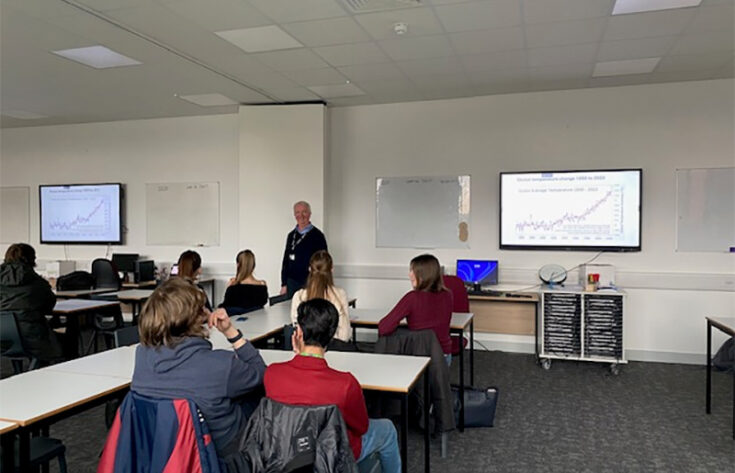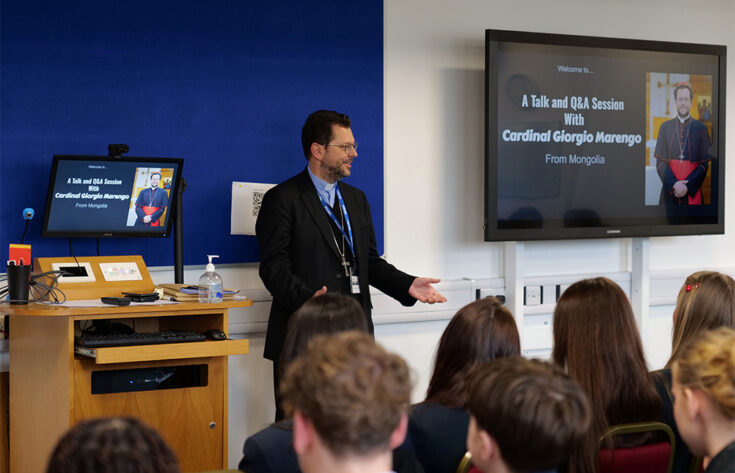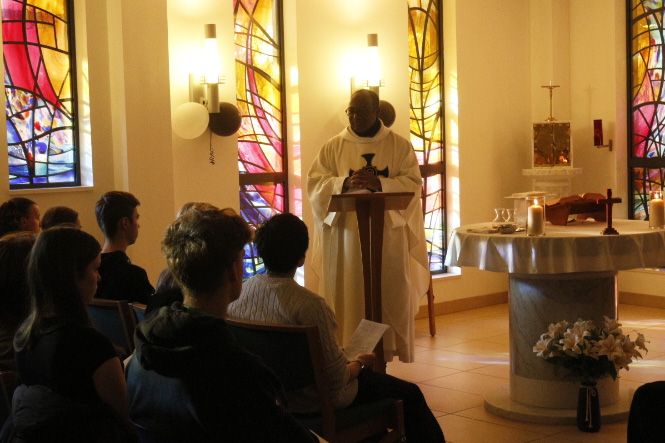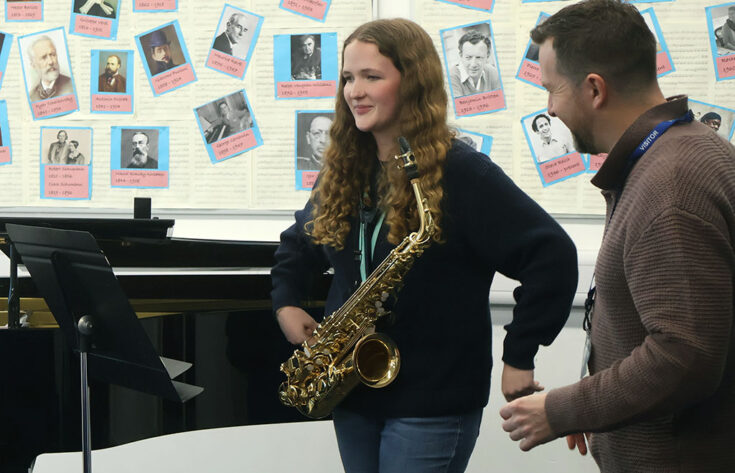English Language GCSE
We offer a highly supportive and well-resourced one year course which is suitable for those students who have previously achieved below a grade 4 in GCSE English and meet the other college entry requirements.
Our one-year course is an intensive programme designed to support and motivate all students, whilst providing appropriate stretch and challenge and career related skills and links. Achieving a grade 4 or above in GCSE English Language is an essential qualification for progression onto A Level and many other Level 3 courses. It is also frequently required for university entry in the UK.
This is a linear 9-1 GCSE qualification; there are no tiers of entry for GCSE English and all students will sit the same two exam papers which test reading and writing skills. Students will be given two opportunities to sit the GCSE, in November and again in May/June.

Paper 1: Explorations in Creative Reading and Writing
Section A:
Requires you to read a literature fiction text and answer questions to show comprehension of ideas and understanding of how language and structure are used to create meanings.
Section B:
You will complete a task which tests your ability to write a well-structured, accurate and imaginative piece of creative writing.
Paper 2: Writers’ viewpoints and perspectives
Section A:
Requires you to read two non-fiction texts from different time periods which convey writers’ views and perspectives on a theme or issue. You will answer questions to show comprehension of ideas and comparison of how views are conveyed.
Section B:
You will complete a task which tests your ability to write a well-structured, accurate and engaging opinion piece.
Non-Exam Assessment
This is a compulsory component but is not part of the final weighting of the GCSE grade. It takes the form of a presentation in class and responding to questions and feedback. In most cases, you will be able to transfer your grade and won’t need to re-sit this element of the GCSE.
Whether you have decided your career path or are keeping your options open, achieving your GCSE English Language qualification will positively influence your further education and future career plans: for most jobs, a minimum of grade 4 is essential to access those opportunities.
Employers maintain that one of the most fundamental skills they look for in their employees is good communication skills and this means confident reading, writing and presentation skills. In addition, developing practical skills such as being able to write a strong covering letter, discussing ideas in a group or delivering engaging presentations can be essential in preparing for your dream career.
Essentially, this qualification will enhance your CV and improve your employability.
The English department run trips throughout the year, including visits to the theatre. For GCSE, we also offer workshops run by universities, focused on developing presentation and study skills.






